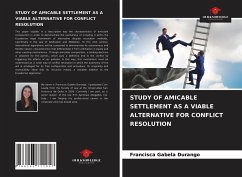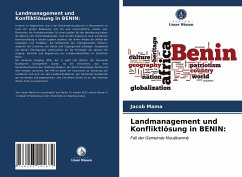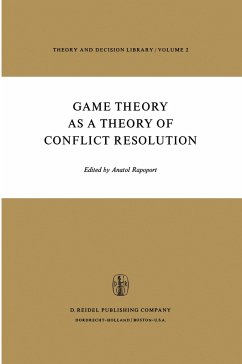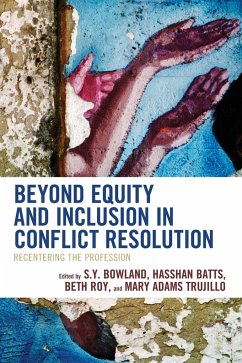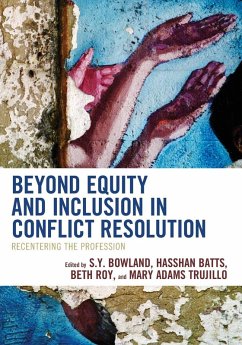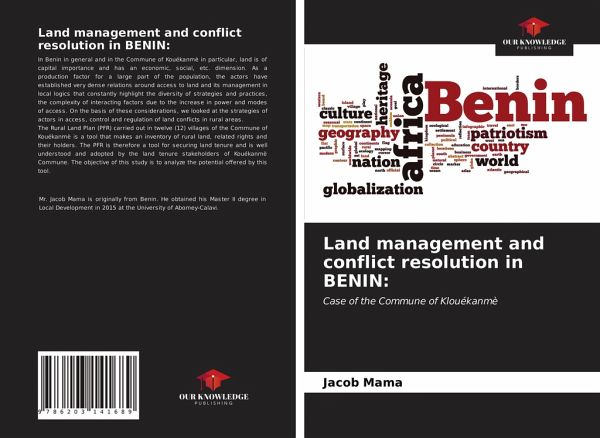
Land management and conflict resolution in BENIN:
Case of the Commune of Klouékanmè
Versandkostenfrei!
Versandfertig in 1-2 Wochen
26,99 €
inkl. MwSt.

PAYBACK Punkte
13 °P sammeln!
In Benin in general and in the Commune of Kouékanmè in particular, land is of capital importance and has an economic, social, etc. dimension. As a production factor for a large part of the population, the actors have established very dense relations around access to land and its management in local logics that constantly highlight the diversity of strategies and practices, the complexity of interacting factors due to the increase in power and modes of access. On the basis of these considerations, we looked at the strategies of actors in access, control and regulation of land conflicts in rur...
In Benin in general and in the Commune of Kouékanmè in particular, land is of capital importance and has an economic, social, etc. dimension. As a production factor for a large part of the population, the actors have established very dense relations around access to land and its management in local logics that constantly highlight the diversity of strategies and practices, the complexity of interacting factors due to the increase in power and modes of access. On the basis of these considerations, we looked at the strategies of actors in access, control and regulation of land conflicts in rural areas.The Rural Land Plan (PFR) carried out in twelve (12) villages of the Commune of Kouékanmè is a tool that makes an inventory of rural land, related rights and their holders. The PFR is therefore a tool for securing land tenure and is well understood and adopted by the land tenure stakeholders of Kouékanmè Commune. The objective of this study is to analyze the potential offered by this tool.





